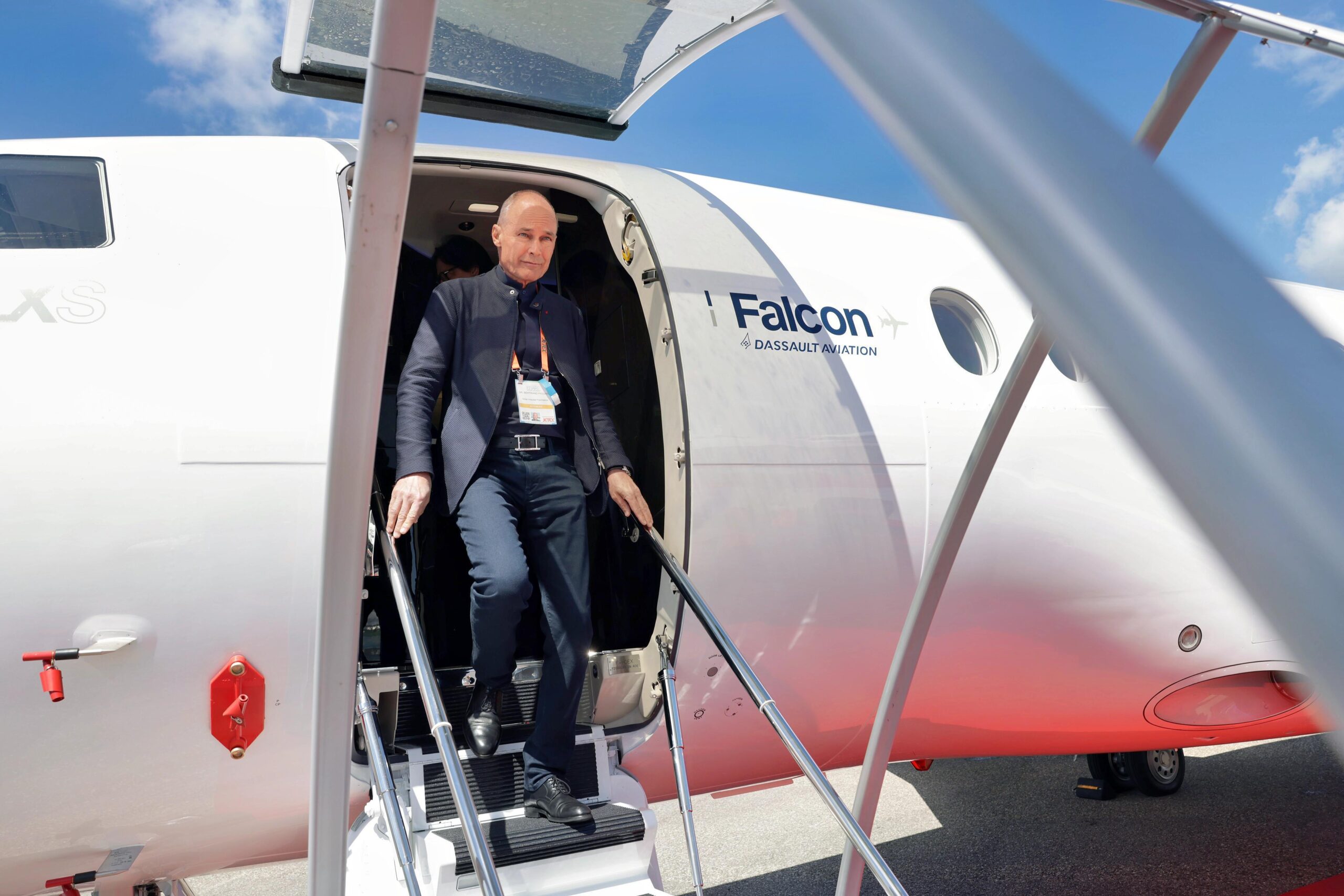
Kevin Singh, founder and CEO, Icarus Jet.
Did you know that private aviation, often associated with luxury and exclusivity, plays a crucial role in driving economic growth and job creation? While it might seem like a niche industry, it contributes significantly to the broader economy, serving as an engine for commerce, tourism, and various other sectors.
In this article, I will explore how private aviation serves the economy and provides job opportunities for hundreds of thousands of people associated with the business.
No surprise should come that the most prominent ways private aviation contributes to the economy are by facilitating business and corporate travel. High-profile executives, entrepreneurs, and professionals rely on private jets to conduct their affairs efficiently, as this agile and flexible mode of transportation allows them to reach crucial business meetings, seal deals, and expand their ventures across the globe – by controlling their travel experience.
Moreover, private aviation enables businesses to respond swiftly to changing market conditions, boosting competitiveness and profitability. Here, the ability to access remote locations and avoid time-consuming layovers at crowded commercial airports by chartering a private jet with certified global companies like Icarus Jet further underlines the importance of private aviation for businesses while translating into increased productivity, which can drive economic growth and job creation.
BizAv as a job generator
The National Business Aviation Association (NBAA) is the leading organization in the private aviation industry, and it has been a source of data regarding the economic impact of private aviation in the United States. However, while the specific number of jobs created by private aviation can vary over time and may depend on various factors, such as the state of the economy, the size of the private aviation sector, and other variables, the NBAA reported that the business aviation industry supports over 1.2 million jobs in the United States.
Its European counterpart, the European Business Aviation Association (EBAA) accounts for almost 450,000 jobs that are either directly or indirectly dependent on the local business aviation industry. That is huge, and I’m not even considering the up-and-coming Latin American market, with Brazil and Mexico as major powerhouses, and all the movements that the Asian market brings to the table on a daily basis.
The following are the top business sectors where private aviation has an instrumental role to play in terms of job creation while impacting local economies:
Tourism and hospitality
Private aviation plays a vital role in the tourism and hospitality industries as leisure travelers, honeymooners, and tourists seeking unique experiences often utilize private jets to access remote destinations and luxury resorts. This influx of high-end visitors bolsters the economies of tourist hotspots and hidden gems, creating a ripple effect of job opportunities.
Furthermore, airports servicing private aviation often provide a superior level of service and convenience. These terminals, called FBOs (Fixed-Base Operators), employ a wide range of personnel, including pilots, maintenance crews, customer service representatives, and security staff, among others, while the availability of private aviation services can also stimulate demand for tourism-related jobs, such as hotel staff, tour guides, and restaurant workers.
Aircraft manufacturing and maintenance
This market also spurs job creation in the manufacturing and maintenance sectors with the production of private jets and related components involving a substantial workforce, from engineers and technicians to assembly line workers. The demand for innovative and technologically advanced aircraft drives research and development efforts, especially nowadays in the development of more fuel-efficient and less polluting aircraft, further contributing to job creation.
Aircraft maintenance and repair is another essential component of the dynamic private aviation industry. Private jet owners invest significantly in the upkeep of their aircraft, which supports countless jobs in maintenance facilities, hangars, repair shops, and parts manufacturing. Skilled mechanics, inspectors, and technicians ensure the safety and reliability of private aircraft, bolstering the industry’s overall reputation for utmost safety and appeal.
Airports and support services
Private aviation relies on a broad range of support services, from catering and ground transportation to concierge and security services. These auxiliary industries thrive thanks to the private aviation sector, generating employment opportunities in different locations. For instance, private jet passengers often require tailored services that enhance their travel experience, such as gourmet catering, chauffeur-driven transportation, and personalized concierge assistance for specific hotel booking or guided tours in the city.
The private aviation industry also contributes to the development and maintenance of airports and infrastructure as many regional airports depend on private aviation traffic for revenue. The construction, expansion, and modernization of these airports create jobs for construction workers, architects, and engineers. Private aviation also demands investments in air traffic control systems and other related technologies, which also lead to employment opportunities in the tech and aviation sectors.
In a nutshell
The fascinating private aviation industry, far from being a luxury indulgence for the elite, plays a vital role in supporting the broader economy and job creation. Its impact extends from the business world to tourism, manufacturing, maintenance, and support services and, by enabling efficient and flexible travel, it fuels economic growth and ensures the availability of a diverse range of jobs – benefiting communities and individuals across the globe.
Recognizing the economic value of private aviation helps us appreciate its significance beyond the tarmac, making it a crucial driver of prosperity and employment.





